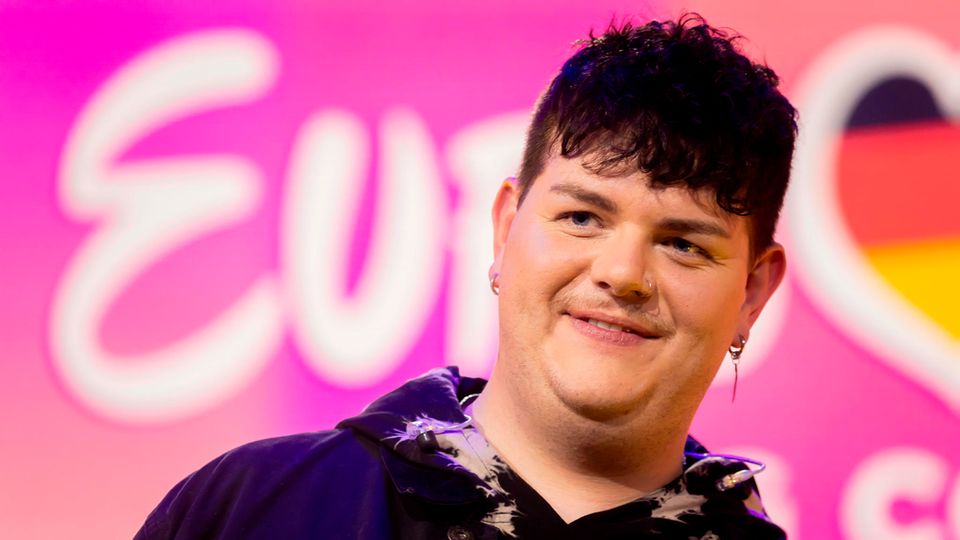Eurovision Song Contest
“This is unacceptable” – ESC organizers condemn hate campaigns against participants
Israeli singer Eden Golan’s ESC contribution recently caused a stir – and had to be revised.
© ESC / Ran Yehezkel
The final of the Eurovision Song Contest (ESC) will take place in a month. The contribution from Israel is causing a stir. Against the backdrop of the Gaza war, the text is said to have been too political.
One month before the final of the Eurovision Song Contest (ESC) in Malmö, the organizers have condemned targeted social media campaigns against participating artists. Any form of online abuse, hate speech or harassment directed against artists or other people associated with the competition will be rejected, said the ESC organizer, the European Broadcasting Union (EBU). “This is unacceptable and completely unfair as the artists have no influence on this decision.” The ESC final will take place on May 11th in Malmö, Sweden.
ESC organizer had Israeli contribution revised
The contribution from Israel caused quite a stir. The EBU considered the submitted text to be too political. She saw this as a reference to the massacres carried out by Palestinian terrorists in Israel on October 7th. Israeli singer Eden Golan’s song was then revised and approved. Swedish artists, among others, had called for Israel to be excluded from the ESC because of the Gaza war.
Eurovision Song Contest 2023
Many great performances, in the end Germany lost – this is how Liverpool celebrated the ESC
In the massacre, terrorists from Hamas and other extremist groups murdered around 1,200 people and kidnapped another 250 to the Gaza Strip. Israel responded to Hamas’ terror with massive bombings and a ground offensive in the Gaza Strip. According to the Hamas-controlled health authority, around 33,360 Palestinians have been killed so far.
“Deep feelings and strong opinions”
EBU deputy general director Jean Philip De Tender said the broadcasting union was “aware of the deep feelings and strong opinions that this year’s Eurovision Song Contest – against the backdrop of a terrible war in the Middle East – has triggered”. The decision to include broadcasters such as the Israeli television station Kan in the ESC is the sole responsibility of the EBU committees and not that of the individual artists. “These artists come to Eurovision to share their music, their culture and the universal message of unity through the language of music.”
De Tender went on to say that everyone is encouraged to engage in respectful and constructive dialogue and support the artists. Some of the final round stars had previously commented on the Gaza war on Instagram and expressed their solidarity with people in the Gaza Strip and Israel.


